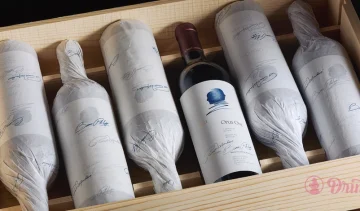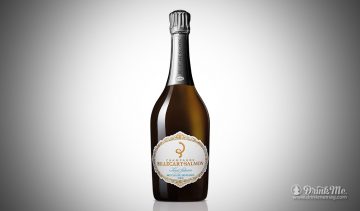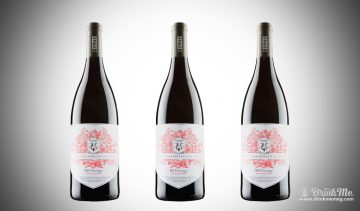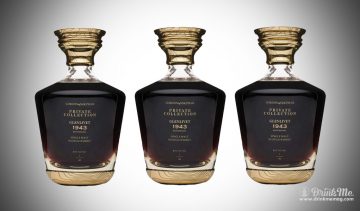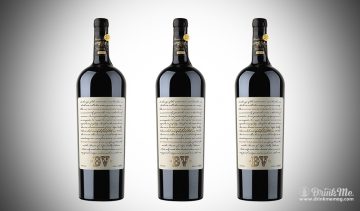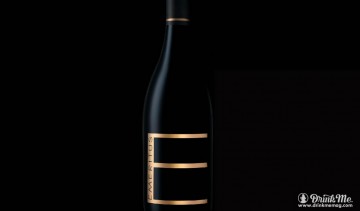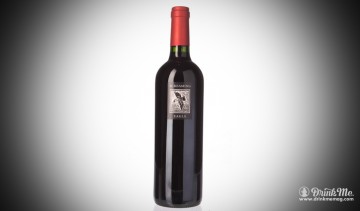Consider this: “Sweetness in food increases perception of bitterness in wine.” Let those words sink in for a bit. They are the wisdom of Certified Sommelier and Lead Server at Lorimar Winery, Penny Delgado.
Wine pairing represents a topic that interests most consumers, yet is still largely misunderstood. You know that disappointment you sometimes experience when you’ve cooked a meal that usually blows everyone’s socks off, and you even splashed out on some ultra-premium wine — yet together they don’t taste quite as awesome as you imagined in your head. Nine out of ten times, that’s down to a wine-pairing faux pas.
We asked Penny to break down some wine-pairing code for our Drink Me readers. Here’s what she told us.
-
The general rule is choose wine with higher sweetness than food.
-
Remain aware however that sweetness in food increases perception of bitterness in wine.
-
Acidity in food increases perception of body and fruit and decreases perception of acid.
-
Salt in food increases perception of body and decreases the perception of bitterness and acid.
-
Bitterness in food increases perception of bitterness in the wine.
-
Umami in food increases perception of bitterness, acid and alcohol while decreasing the perception of fruit.
-
Chili heat in food increases perception of bitterness, acid and the burning effect of alcohol.
-
Acidic wine cuts through the richness of a fatty food dish, and cleanses the palate.
-
Sweet wine with a salty dish is a classic pairing which almost always works well.
-
Neither the food nor the wine should overpower the another. They’re meant to enhance each other, not compete.
Barbeque Besties:
For barbeques, Penny recommends a number of our Lorimar’s reds including Malbec, Syrah, Zinfandel, Cabernet/Mourvèdre Blend, and Tempranillo — all of which work fabulously with barbequed dishes. “The umami and fat in the meat play off the tannin in these reds,” she explains. “The fruit forward nature of our reds, as well as spice and pepper notes, is what makes them excellent partners for grilled meats.”
Penny points out Lorimar’s Cabernet Franc is the winery’s most “flexible” wine. “Balanced, fruit forward with a long finish, this is great on its own but pairs well with an many diverse dishes: roasted turkey, smoked salmon, onion soup, vegetable tempura, bacon cheeseburger, ramen, bistecca alla fiorentina,” she explains. “Since it’s not really a seasonal wine you can pair it all year long.”


